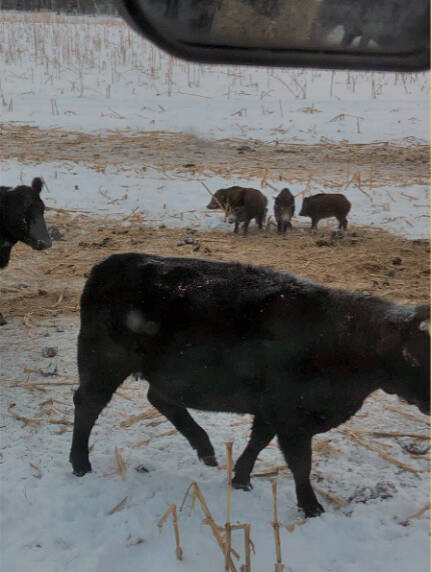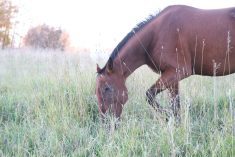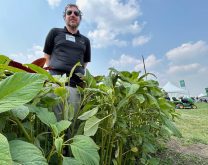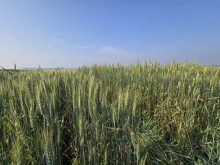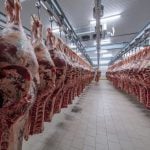A handful of projects focused on disease and health threats will be receiving funding from Results Driven Agriculture Research.
RDAR, along with Genome Alberta, announced $3.3 million in funding for several key One Health projects, including chronic wasting disease vaccines and noninvasive testing, feral pig control and disease monitoring, and antimicrobial resistance in dairy and beef cattle, swine and poultry.
“One Health interventions are critical to disease control and the protection of people, livestock, global markets and Alberta’s agri-food products,” said RDAR chief executive officer Mark Redmond.
Read Also
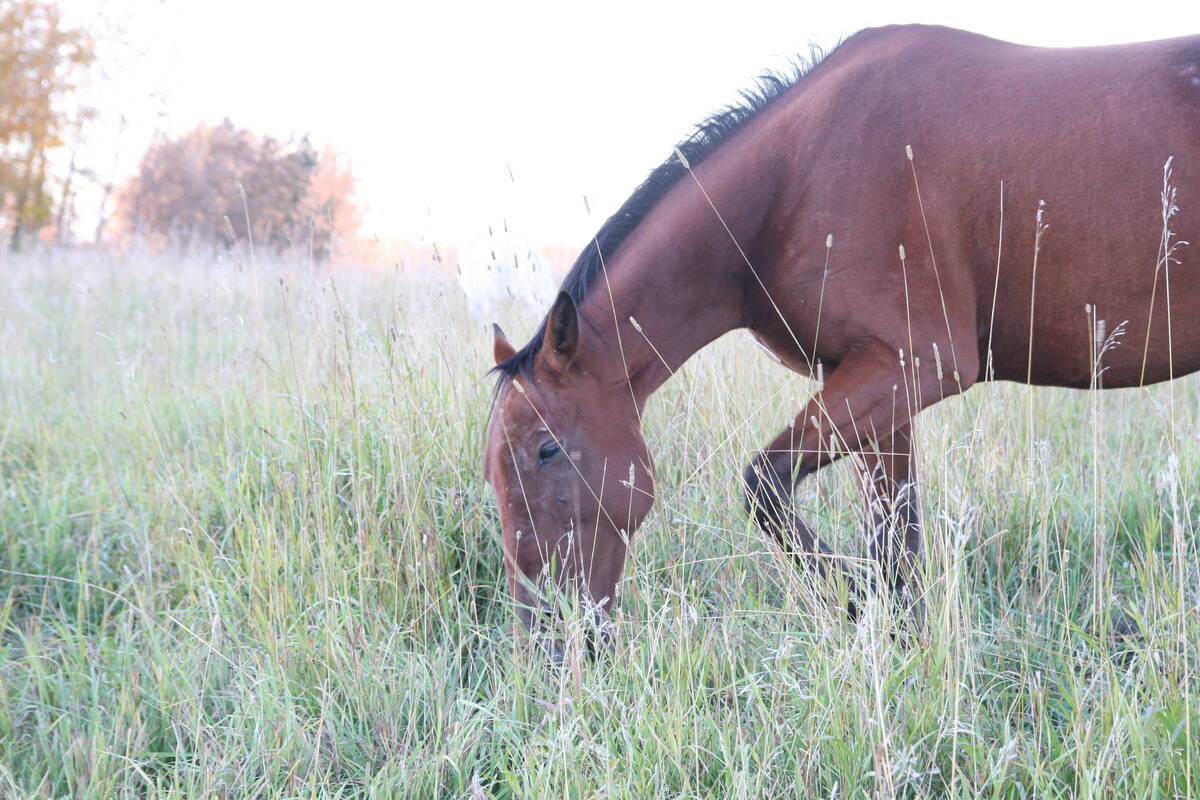
Beware giving horses too much iron
Horses consuming too much iron through diet or well water risk health problems like laminitis. Mineral testing forage and water is good practice for owners.
“We are delighted to have approved funding for these projects.”
Those projects include four major research initiatives in Western Canada.
The University of Calgary will receive $1.2 million to design omics-informed vaccines and live tests for chronic wasting disease management as well as $589,650 to develop an antimicrobial resistance surveillance program for bulk tank milk.
The University of Alberta will receive $598,370 for its researchers to investigate metabolic modelling to create competitive exclusion communities that control poultry pathogens and antimicrobial resistance.
At the University of Saskatchewan, researchers will receive an investment of $494,500 to investigate a streptococcus zooepidemicus vaccine to reduce antimicrobial usage and mortality as well as $165,000 to support improving traceability of free-ranging and domestic wild boar on the Prairies.
Agriculture Canada in Lethbridge also received $250,000 to develop a bacterial probiotic to enhance respiratory health of cattle and reduce feedlot antimicrobial use and resistance.
The $3.3 million in funding is provided, in part, by the federal and provincial governments under the Sustainable Canadian Agricultural Partnership.
“Investments in research are essential to the long-term success of our farmers and ranchers. I have no doubt that these important initiatives will help improve the health of people, animals and the environment and make Alberta’s world-class agricultural sector even stronger,” federal agriculture minister Lawrence MacAulay said in a news release.

